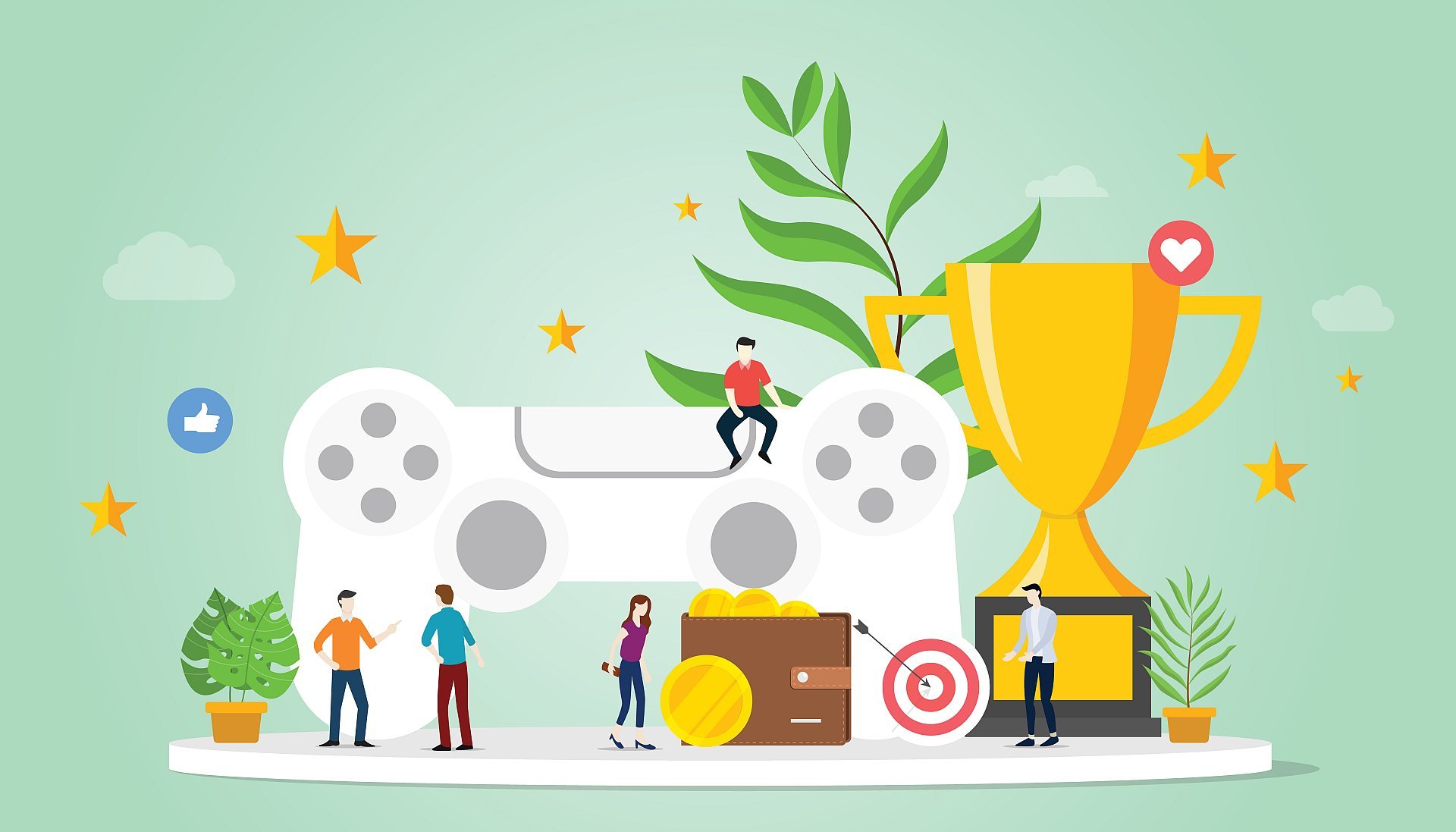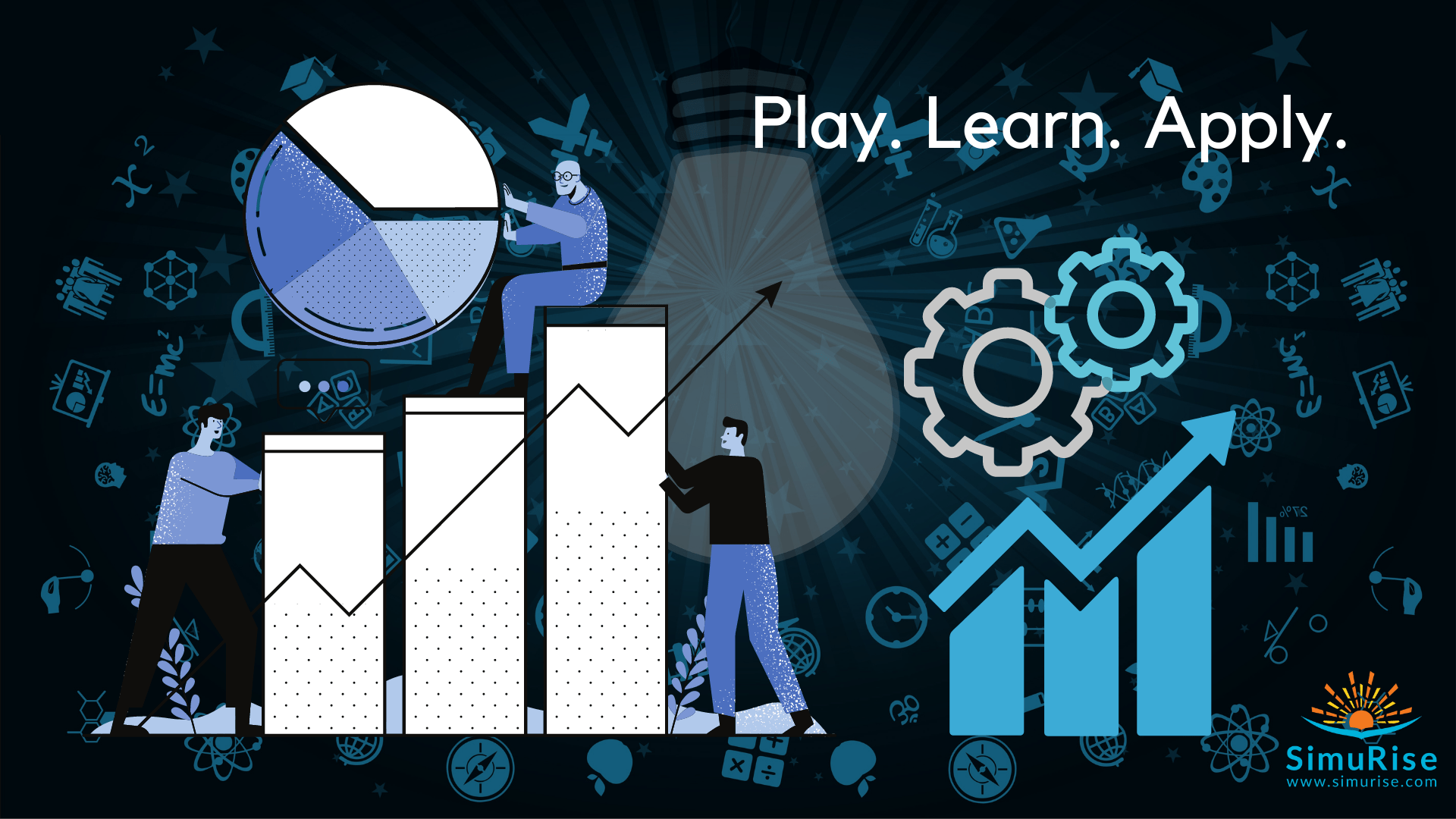‘Games foster the mindset that allows creativity to grow.’
~ Nolan Bunshell
Bunshell, an American businessman who has been referred to as the “Innovator of the Year” by BAFTA or one of the “50 Men Who Changed America” by Newsweek, has always believed that video games teach better traits and improve a person’s creativity. Indeed, when learners are involved in the process, they cope up with ease and are highly motivated.
With the world turning virtual owing to the pandemic, the learning and training sessions of organizations have turned virtual too. However, most people find webinars dull and mundane. They are hardly engaging and participants are unenthusiastic and disengaged. Gamification or Game-Based Learning, on the other hand, pave the way to a better grasping of the learning and subsequently, improving the operations of an organization. Here are four important factors to pivot your organization to gamification.
- Sense of Belonging
As learners participate and immerse themselves in a game or a simulation, they find themselves a role to carry out. They are involved and thus, they find a sense of belonging in the learning process. Humans have always learned better and grasped quicker when they involve themselves in a process. It motivates them to be productive and overcome hurdles or challenges.
- Sense of Responsibility
With a sense of belonging and a motivation to proceed further with an ambition to win the game, there are indeed some responsibilities involved. Regardless if the game needs a team or it is an individual one, the participant has their duties and responsibilities attached. However, as a participant is fueled with a sense of belonging, they work harder for their responsibilities to win the game, consequently unleashing a higher potential within. To quote from Spider-Man, ‘With great power, comes great responsibility.’
- Sense of Progress
One of the most intriguing features of game-based learning is that progress is not set as one particular goal. You go through numerous milestones. You go through levels. You take one step at a time towards your goal and it gives you a sense of progress. Similarly, you can break your corporate goals into smaller milestones and work towards them and thus, have a sense of progress. It works like a charm to improve employee morale!
- Sense of Accomplishment
The rewards, merits or points we score in a game grant us a sense of accomplishment and greatly improves morale by providing intrinsic encouragement. Such rewards further motivate a participant to work harder next time and enhance their own abilities. When an employee feels valued or appreciated, they put in more effort and work seamlessly with a sense of responsibility. They do not work because they need to, they do it because they want to! And so, they do not simply survive. They MAXIMIZE!
‘You can discover more about a person in an hour of play than a year of conversation.’
~ Plato.
This is most certainly true since, in a gaming or a lighter environment, participants tend to focus more on their productivity and less on the pressure bestowed upon them. They unleash their true self and are able to analyze their mistakes and ameliorate their skills. Regardless of the pandemic situation, it makes more sense for an organization to be inclined towards immersive learning techniques and not succumb to webinars and lectures. What’s your training style?




